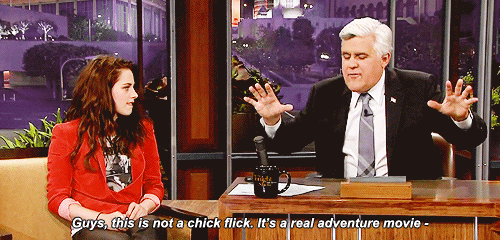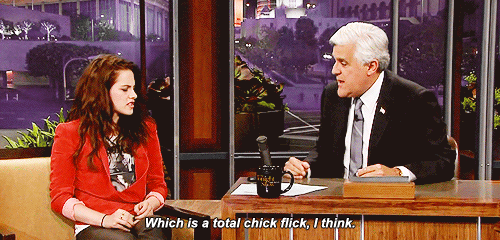Today, Castiel, you did not kill a good man.
It’s a small thing; for now, it can be enough.
The tablet is warm against his chest as he stares out of the window. The bus judders and creaks, its passengers bored and restless, but Castiel – for all his failings, all he lacks – feels strangely at peace with it all.
He watches the world shoot past the window – green and brown, a hundred thousand lives all streaming by. People he fought to save, people he damaged along the road; people who need him, and those who never will.
The bus pulls up at a rest stop – lets them all get out, ‘stretch their legs’, buy coffee. The families on board screech and squabble, and Castiel – Castiel sits quietly on the low wall that borders the truck stop, his legs drawn neatly together, the tablet in his arms. The bus driver comes out – descends the steps of the bus, looking at him. When she reaches him, she stops.
“You alright there, sir?”
No one’s ever called him sir before. He looks at her. “I’m fine.” He lies. She looks uncomfortable. He never was much good with deceit; time has taught him that, well enough.
“You wanna talk about it?” she says. He smiles softly, appreciatively, at her.
“No, thankyou.” He replies. “I’m just – thinking.”
“Well. Go to the bathroom before we leave, okay? Won’t stop again for another five hours.” She ambles away, a hand under her baseball cap, looking strangely at him as she goes.
Castiel, sat on the low wall, surrounded by humans, a powerful, powerful object in his hands, takes a deep, deep breath. Then he lets it go.
He doubts this is what freedom feels like – like the musty smell of a bus radiator, like cheap coffee and the scent of portable lavatories, which carries over to him as a breeze blows, tugging at his coat.
But he’s alive. There is that.
He smiles to himself, the stone tablet strangely warm in his hands.
He is alive, of his own free will, for the first time in what seems a long, long while.

































